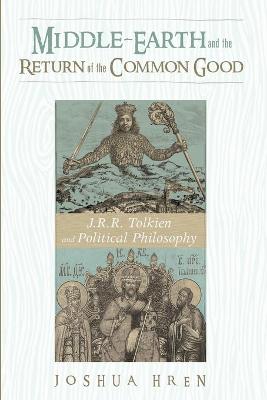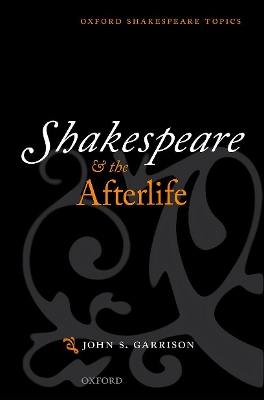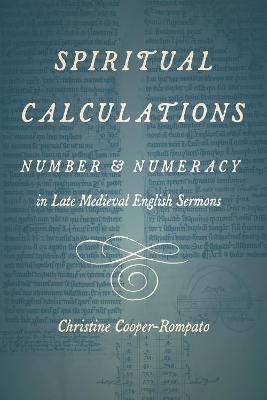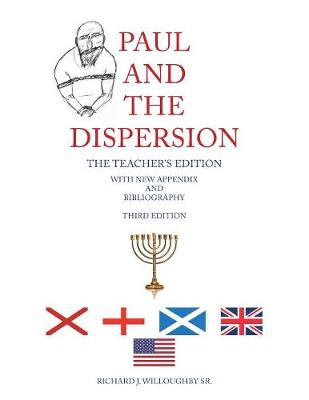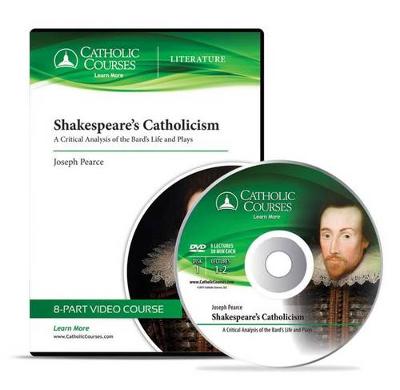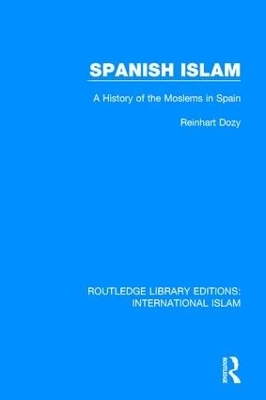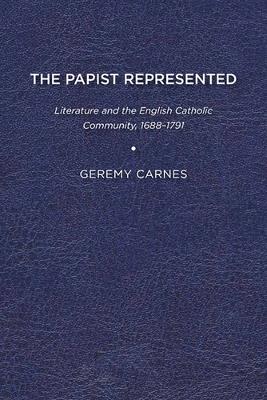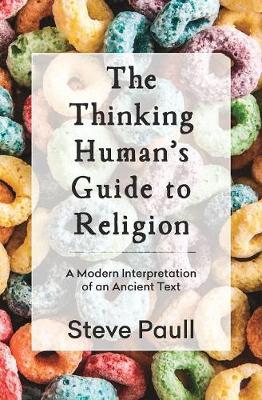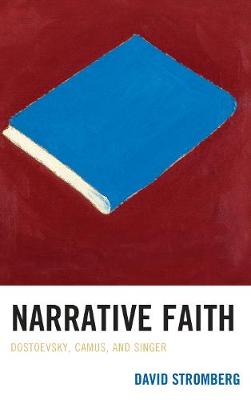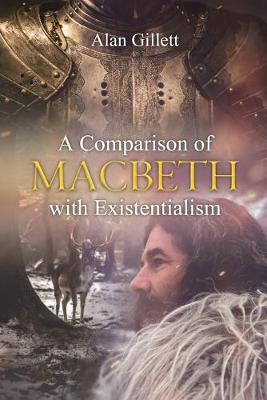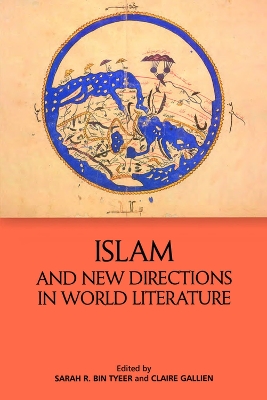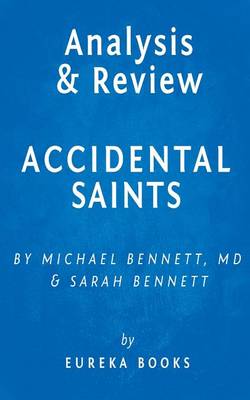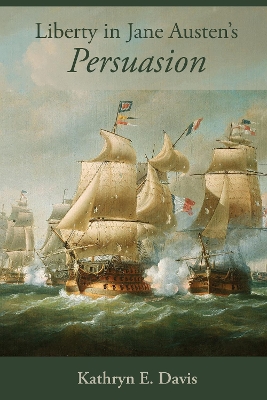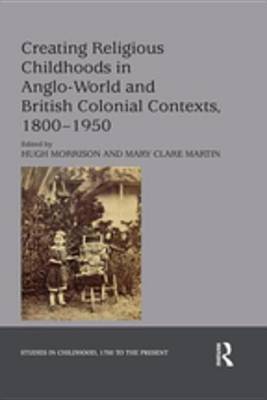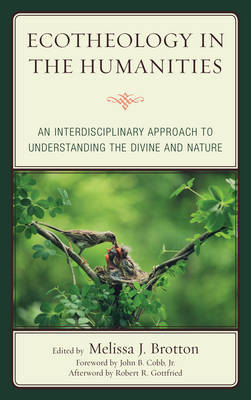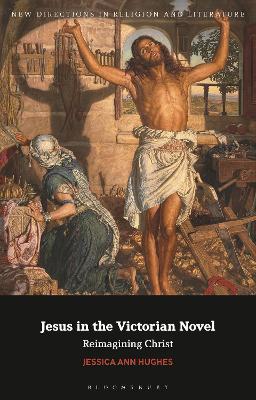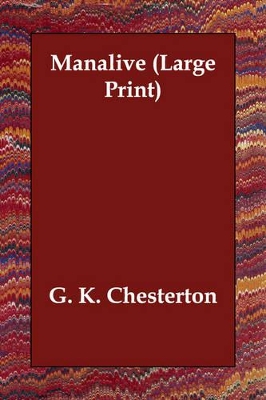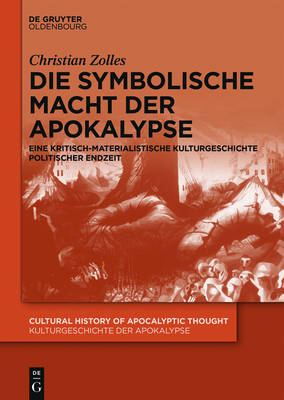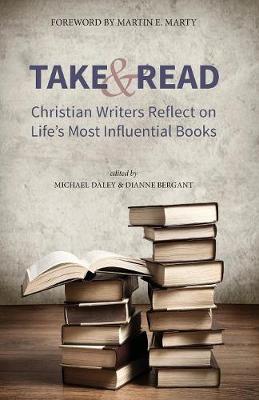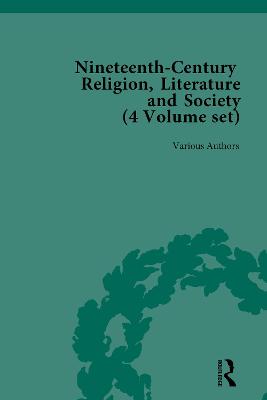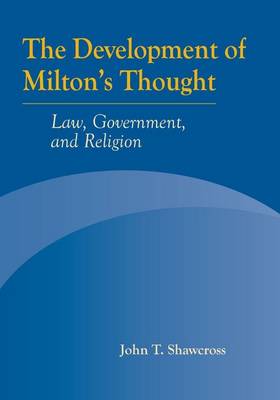The Fasti Cantuarienses of John Boys (Literatur: Forschung Und Wissenschaft, #17)
Shakespeare and the Afterlife (Oxford Shakespeare Topics)
by John S. Garrison
The question of what happens after death was a vital one in Shakespeare's time, as it is today. And, like today, the answers were by no means universally agreed upon. Early moderns held surprisingly diverse beliefs about the afterlife and about how earthly life affected one's fate after death. Was death akin to a sleep where one did not wake until judgment day? Were sick bodies healed in heaven? Did sinners experience torment after death? Would an individual reunite with loved ones in the afterl...
Medieval English sermons teem with examples of quantitative reasoning, ranging from the arithmetical to the numerological, and regularly engage with numerical concepts. Examining sermons written in Middle English and Latin, this book reveals that popular English-speaking audiences were encouraged to engage in a wide range of numerate operations in their daily religious practices. Medieval sermonists promoted numeracy as a way for audiences to appreciate divine truth. Their sermons educated audi...
Spanish Islam (Routledge Library Editions: International Islam, #1)
by Reinhart Dozy
Originally published in 1913, this book contains the English translation of Reinhardt’s Dozy’s notable work, Histoire des Musalman’s d’Espagne. First published in 1861, this comprehensive work chronicles the extensive history of Islam in Spain. The introduction by the translator provides a useful overview of Reinhardt’s Dozy’s life and career. This comprehensive work will be of interest to those studying the history of Islam and Spain.
Most eighteenth-century literary scholarship implicitly or explicitly associates the major developments in English literature and culture during the rise of modernity with a triumphant and increasingly tolerant Protestantism while assuming that the English Catholic community was culturally moribund and disengaged from Protestant society and culture. However, recent work by historians has shown that the English Catholic community was a dynamic and adaptive religious minority, its leaders among th...
Narrative Faith engages with the dynamics of doubt and faith to consider how literary works with complex structures explore different moral visions. The study describes a literary petite histoire that problematizes faith in two ways-both in the themes presented in the story, and the strategies used to tell that story-leading readers to doubt the narrators and their narratives. Starting with Dostoevsky's Demons (1872), a literary work that has captivated and confounded critics and readers for wel...
Since its advent, Islam has been cross-pollinating world literatures in Africa, Europe, Asia, the Pacific Ocean and the Americas, constantly enriching and enriched by various humanistic traditions in multiple languages, spanning the lives of individuals and societies throughout history. Yet, scholarship on Islam as World Literature has been sparse despite its significant contribution. Islam and New Directions in World Literature understands Islamic literary and cultural heritages as dynamic forc...
Liberty in Jane Austen's Persuasion is a meditation on Persuasion as a text in which Jane Austen, writing in the Age of Revolution, enters the conversation of her epoch. Poets, philosophers, theologians and political thinkers of the long eighteenth century, including William Cowper, George Gordon Byron, Samuel Johnson, Hugh Blair, Thomas Sherlock, Edmund Burke, and Charles Pasley, endeavored definitively to determine what it means for a human being to be free. Persuasion is Austen's elegant, art...
Drawing on examples from British world expressions of Christianity, this collection further greater understanding of religion as a critical element of modern children's and young people's history. It builds on emerging scholarship that challenges the view that religion had a solely negative impact on nineteenth- and twentieth-century children, or that 'secularization' is the only lens to apply to childhood and religion. Putting forth the argument that religion was an abiding influence among Brit...
This book is a collection of essays about the interaction between God, humans, and nature in the context of the environmental challenges and Biblical studies. Chapters include topics on creation care and Sabbath, sacramental approaches to earth care, classical and medieval cosmologies, ecotheodicy, how we understand the problem of nonhuman suffering in a world controlled by a good God, ecojustice, and how humans help to alleviate nonhuman suffering. The book seeks to provide a way to understand...
Jesus in the Victorian Novel (New Directions in Religion and Literature)
by Jessica Ann Hughes
This book tells the story of how nineteenth-century writers turned to the realist novel in order to reimagine Jesus during a century where traditional religious faith appeared increasingly untenable. Re-workings of the canonical Gospels and other projects to demythologize the story of Jesus are frequently treated as projects aiming to secularize and even discredit traditional Christian faith. The novels of Charles Kingsley, George Eliot, Eliza Lynn Linton, and Mary Augusta Ward, however, demonst...
Demonstrating the unity of Tolkien's created world across Middle-earth's Ages.An in-depth examination of the role of divine beings in Tolkien's work, Tolkien's Cosmology: Divine Beings and Middle-earth brings together Tolkien's many references to such beings and analyzes their involvement within his created world. Unlike many other commentators, Sam McBride asserts that a careful reading of the whole of the author's corpus shows a coherent, if sometimes contradictory, divine presence in the worl...
Innocent Smith is a man full of boyish exuberance. Deliberately defying convention, he is involved in a series of madcap pranks. He picnics on rooftops, breaks into his own house and has an affair with his own wife. This unconventional behaviour makes him mistrusted and extremely unpopular with those around him.
Die Symbolische Macht Der Apokalypse (Cultural History of Apocalyptic Thought / Kulturgeschichte D, #2)
by Christian Zolles
Nineteenth-Century Religion, Literature and Society
This four-volume historical resource provides new opportunities for investigating the relationship between religion, literature and society in Britain and its imperial territories by making accessible a diverse selection of harder-to-find primary sources. These include religious fiction, poetry, essays, memoirs, sermons, travel writing, religious ephemera, unpublished notebooks and pamphlet literature. Spanning the long nineteenth century (c.1789-1914), the resource departs from older models of...
